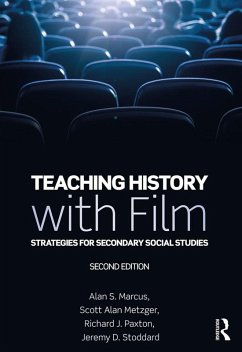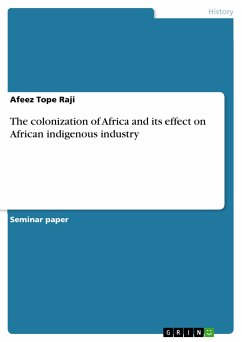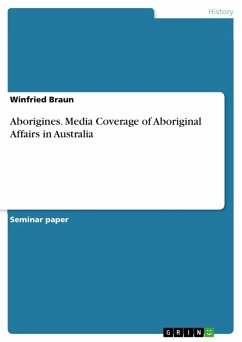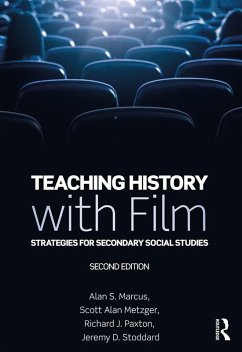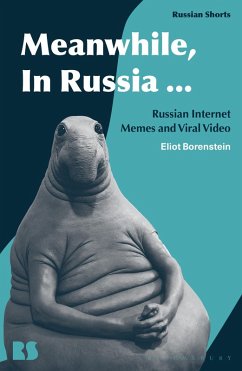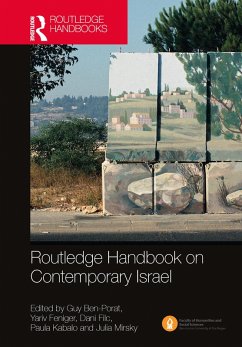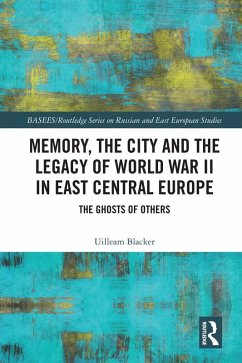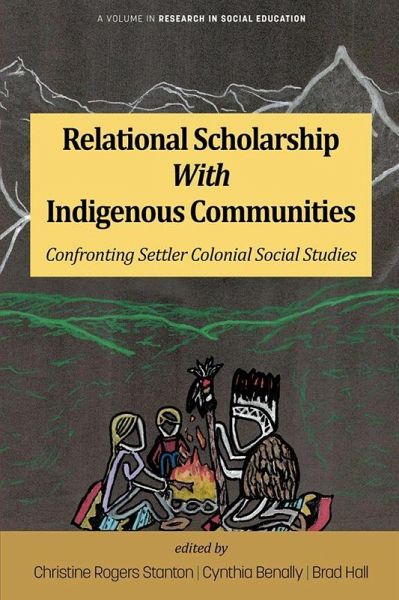
Relational Scholarship With Indigenous Communities (eBook, PDF)
Confronting Settler Colonial Social Studies
Redaktion: Benally, Cynthia; Stanton, Christine Rogers; Hall, Brad
Versandkostenfrei!
Sofort per Download lieferbar
80,60 €
inkl. MwSt.
Weitere Ausgaben:

PAYBACK Punkte
0 °P sammeln!
All education and educational scholarship occurs on Indigenous Lands. Despite this reality, U.S. social studies education and scholarship has reinforced settler colonialism through curricula, teacher education, professional development, policy research, and more. To confront settler colonial social studies and transform the field, educators and scholars must engage relational approaches, prioritize community and student expertise, and commit to action that recognizes Indigenous Ways of Knowing.This book brings together Indigenous and non-Indigenous scholars, practitioners, and community partne...
All education and educational scholarship occurs on Indigenous Lands. Despite this reality, U.S. social studies education and scholarship has reinforced settler colonialism through curricula, teacher education, professional development, policy research, and more. To confront settler colonial social studies and transform the field, educators and scholars must engage relational approaches, prioritize community and student expertise, and commit to action that recognizes Indigenous Ways of Knowing.This book brings together Indigenous and non-Indigenous scholars, practitioners, and community partners from across the U.S. to share experiences of, stories about, and hopes for anti-colonial social studies. By sharing these examples, the book also provides methodological guidance for researchers, teacher educators, curriculum developers, and policymakers looking to learn about scholarly processes and partnerships with Indigenous communities. In addition to individual chapters, contributors engaged in conversations and collaboration between chapters and aboutthe book as a whole.Chapter co-authors and thought partners dialogued about the following questions:. What is relational research, and how can it help confront settler colonial content, processes, and praxis within social studies education?. How has social studies education and research (mis)represented and (mis)applied Indigenous Ways of Knowing?. How can a re-envisioning of social studies educational research be more intentionally participatory and relational to improve social studies teaching and learning, especially for and with Indigenous communities and youth?ENDORSEMENT:Through relational scholarship, the co-editors and contributing scholars bring forward an essential call to action that centers Indigenous identities, histories, relations to land, and sovereignty. Embodied in Indigenous research and anti-colonial research methods, the collective work uniquely privileges Indigenous Peoples at the core of transforming the field of social studies for Indigenous futurities. Threaded throughout this book, are critical questions we should all be asking ourselves as we engage in advocacy, agency, and resurgence with and for Indigenous Peoples. - Jeremy Garcia (Hopi/Tewa), University of Arizona
Dieser Download kann aus rechtlichen Gründen nur mit Rechnungsadresse in A, B, BG, CY, CZ, D, DK, EW, E, FIN, F, GR, HR, H, IRL, I, LT, L, LR, M, NL, PL, P, R, S, SLO, SK ausgeliefert werden.




